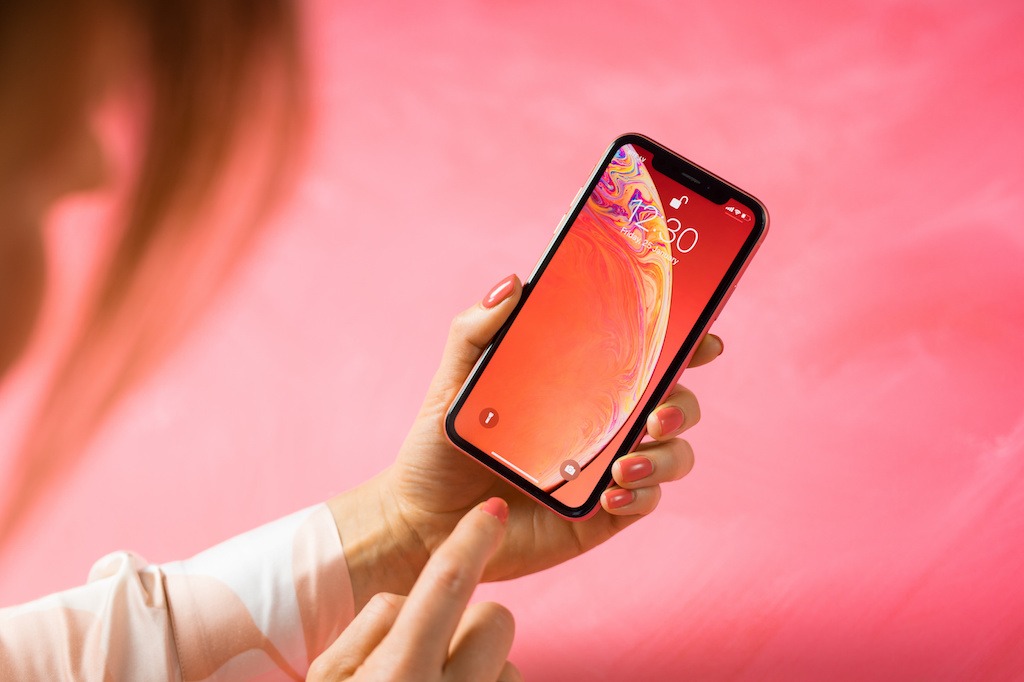Is My Smartphone Listening To Me?
A majority of the population keeps their smartphone in close proximity to them at all times. We are constantly checking or listening to our phones to ensure no phone call is missed or text is left unread. But this smartphone craze often leaves us vulnerable to prying ears.
Have you ever been talking to a friend about a specific brand or product, only to see a direct advertisement on your Facebook feed days later? This is not merely a coincidence – your smartphone and other voice assistants are likely collecting your voice data for marketing purposes.
By listening in on private conversations, social media platforms and other smartphone applications are able to distinguish interests and direct targeted advertisements.
Some users do not mind the “always-on” listening features, while others believe this use of microphones and cameras to be unethical. Whichever side you stand, Pink Dog Digital believes your private conversations have a right to remain private. That is why we have compiled a list of ways to avoid being spied on.

Deactivate Siri and Google
If you are an Apple user, you are most likely familiar with the “Hey Siri” feature. When activated, users can simply call out “Hey Siri” to summon the voice assistant. As an Android user, saying “OK Google” will wake your eavesdropping voice-controlled assistant.
But this also means that your microphone is always on and your smartphone is always listening, or potentially recording.
Deactivating the “Hey Siri” or “OK Google” feature does not mean losing voice-controlled privileges, it just means you have to hold down your Home button or Side button in order to summon your personal assistant. This allows users to protect privacy by ensuring their smartphone is only listening when prompted.
Disable Microphone Access
Just as always-on voice assistant features give smartphones access to voice data, always-on microphone settings give access to various smartphone apps.
After downloading and opening apps from the App Store or Play Store, the app will ask for access to a variety of services, including location, camera, and microphone. Nowadays, most users agree to all of these requests without giving much thought.
You can quickly change app permissions on your iPhone by navigating to the Privacy menu in Settings. On an Android, users should look for Applications under Settings.
Users will then be able to pick and choose which apps they want to continue granting microphone access to.
Delete Voice Activity
OK Google and other Amazon voice-controlled products offer the option to save recordings of your voice input. This allows for a more personalized and seamless experience, but it also drives specifically tailored advertising.
Users can manage their voice and audio recordings by signing onto their Google account. From there, use “data & personalization” to navigate to the “web & app activity” page. Based on preference, you can choose to turn recordings on or off.
Users can also delete any and all previous recordings by clicking “manage activity” on the “web & app activity” page.
If you would like more information about how voice data is used for marketing, need help managing smartphone settings, or other digital marketing services, contact Pink Dog Digital at (410) 696-3305, email us at info@pinkdogdigital.com, or visit us on the web at www.pinkdogdigital.com.

